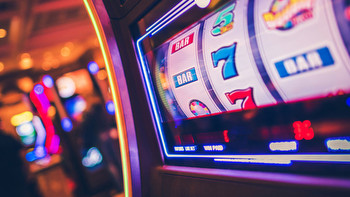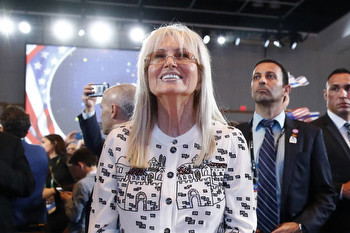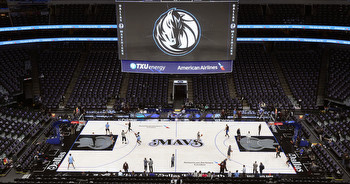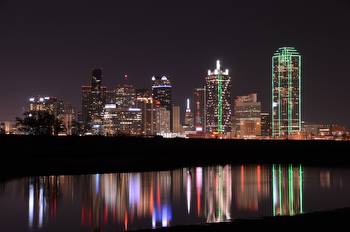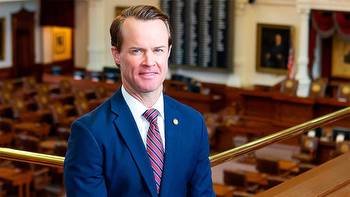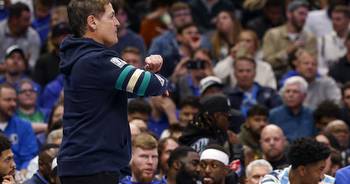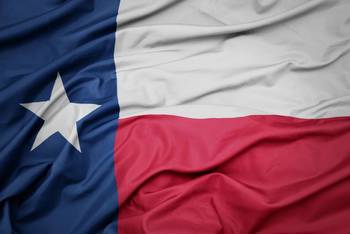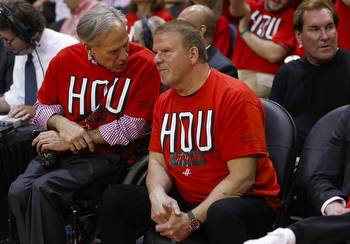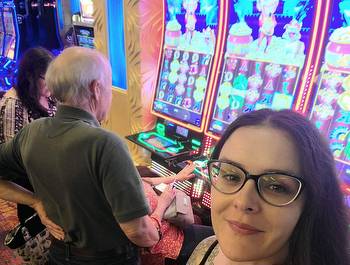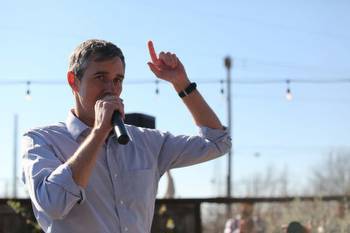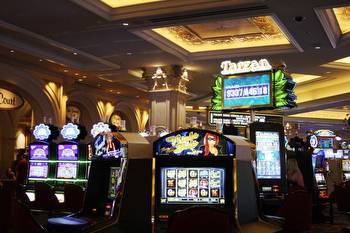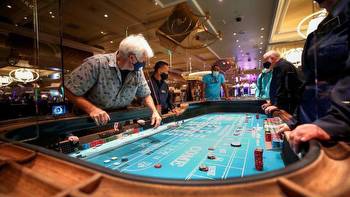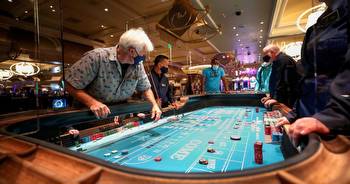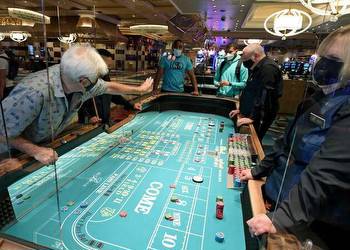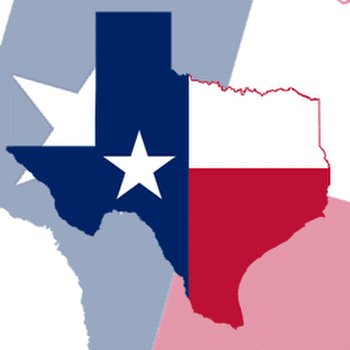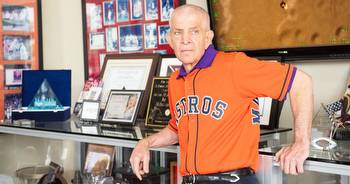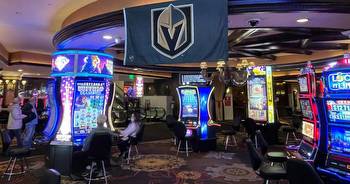Casinos target Texas with army of gambling lobbyists

Even before Gov. Greg Abbott declared in October that he's willing to consider expanded gaming options in Texas, that industry was trying to improve its odds in the state by doling out massive campaign donations and building an army of lobbyists in preparation for the legislative session that begins in January.
More than 300 lobbyists are now registered in Texas to work on gambling issues, according to state records, led by Las Vegas Sands which added another just last week and now has 72 — the most lobbyists in Texas for any single group or business.
They are hardly alone. A newly created Sports Betting Alliance, BetMGM, Caesar’s, Boyd Gaming and Landry’s Entertainment, along with sports gaming companies like FanDuel and DraftKings, have all loaded up in what many in the gaming industry see as their best chance in decades to do business in Texas.
One reason for that is Abbott’s newfound willingness to listen to gambling options in Texas. In October, he told Hearst Newspapers through a spokeswoman that he’s prepared to listen to proposals.
“We don’t want slot machines at every corner store, we don’t want Texans to be losing money that they need for everyday expenses, and we don’t want any type of crime that could be associated with gaming,” said Renae Eze, Abbott’s press secretary. “But, if there is a way to create a very professional entertainment option for Texans, Gov. Abbott would take a look at it.”
While far from an all-out green light, it’s a world away from where Abbott has been in the past. In 2015, Abbott said he “wholeheartedly” supported the state’s strict laws against expanding gaming, essentially icing any attempts to pursue casinos or online sports betting options that have proliferated in other states over the past four years.
In 2018 the United States Supreme Court struck down a law that had effectively banned sports betting in most states. Before that ruling, only Nevada had legalized sports betting. Since the ruling, more than 30 other states and the District of Columbia have legalized some form of sports betting.
Supporters of expanded gambling in Texas say the state is losing out on billions of dollars in tax revenues that residents are spending in neighboring states like Louisiana, Oklahoma and New Mexico, which all have casinos.
But Abbott hasn’t been the only stumbling block in Texas. Lt. Gov. Dan Patrick, a Houston area Republican who oversees the Texas Senate, made clear in 2021 that expanded gaming was not going to see “the light of day” in the Texas Senate. He said then it just didn’t have the votes in a body dominated by Republicans.
As the leader of the Senate, Patrick has wide power to stop legislation from getting to the floor of the chamber to be debated or voted on.
But the industry continues to direct campaign donations to Patrick and others in Texas to improve their chances when the Texas Legislature meets.
Earlier this year, the Las Vegas Sands, the world’s largest casino company, created a Texas Sands Political Action Committee to help fund candidates in Texas. Its biggest recipient since then has been Texans for Dan Patrick, which has received $225,000 from the group, including a $75,000 donation at the end of September, according to state campaign finance records.
In total this year, the PAC has spent nearly $1.8 million through 216 donations to 126 politicians in Texas, including both Democrats and Republicans in the Texas House and Senate.
Abbott received $200,000 from that group but also has been a favorite of the late Las Vegas gambling tycoon Sheldon Adelson and his wife Miriam, who combined to give Abbott an additional $1.5 million since 2020 for his re-election victory over Democrat Beto O’Rourke.
The Texas Constitution has prohibitions on expanded gambling, meaning to even consider a plan for casinos or sports betting, the Texas Legislature would need to put the issue to a referendum in Texas. The state had restrictions against gambling dating back to 1856 and in 1973 updated statutes to include one of the strictest bans on gaming in the nation.
Still, in the 1980s the state opened up to horse racing and in the early 1990s launched the Texas Lottery. But attempts to allow casinos have died with little fanfare for decades in the Legislature.
The Republican Party of Texas remains opposed to expanded gambling. During the summer, party leaders approved a new platform that included provisions against casino gambling.
Already State Sen. Carol Alvarado, D-Houston, has filed legislation to open the state to casinos and sports betting. Under her proposed Senate Joint Resolution No. 17, up to four “destination resorts” in metro areas with at least 2 million people would be allowed, in addition to limited casinos at horse and dog tracks in Texas, plus authorization for Native American tribes to operate casino games and slot machines.
In the meantime, the Kickapoo Traditional Tribe Of Texas has the state's only Native American-run casino in Eagle Pass. The Lucky Eagle Casino is on the tribe's reservations, operating under federal regulations because of the tribe’s status.








